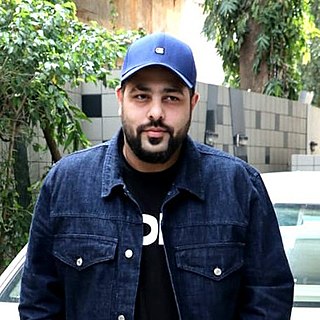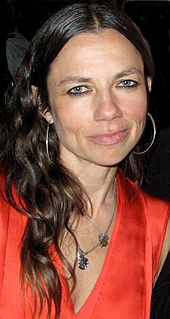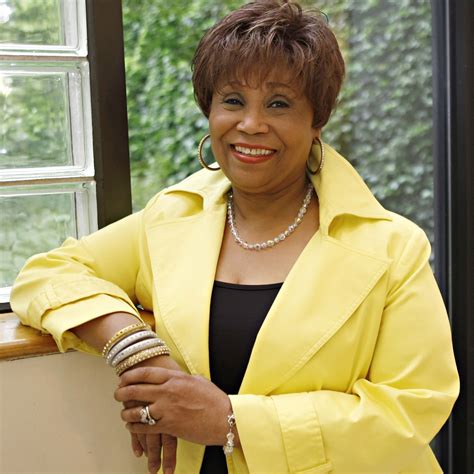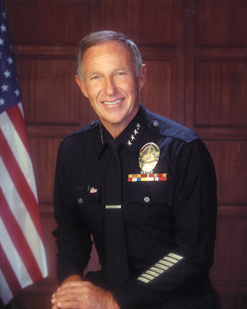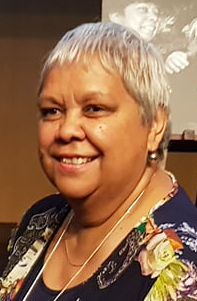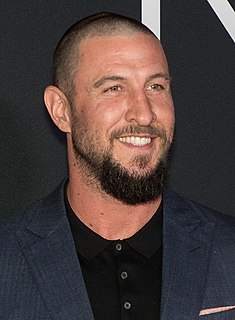A Quote by Badshah
I live in Chandigarh and people have become more conscious there. Especially the younger generation, they are very aware and proactive. People take pain to stop and throw trash in dustbins.
Related Quotes
I think that because of YouTube, because of MySpace, because of the digital domain that we have on the Internet, the younger generation is much more open to information. I think it's so much easier for them to gain information and trade information, and they have become more aware. In some cases, more aware than their own parents and adults, as to what's going on in the world. I find that really intriguing and interesting, and I think there is a brewing of a whole new generation of activists coming.
If my kids were to make a talking doll of me as a mother, one of my recorded phrases would be 'I will throw that in the trash.' 'If you don't put that down right now, I will throw that in the trash.' It's very funny to hear myself say certain things - like noticing which phrases become the most popular to use.
Once the pain-body has taken you over, you want more pain. You become a victim or a perpetrator. You want to inflict pain, or you want to suffer pain, or both. There isn't really much difference between the two. You are not conscious of this, of course, and will vehemently claim that you do not want pain. But look closely and you will find that your thinking and behavior are designed to keep the pain going, for yourself and others. If you were truly conscious of it, the pattern would dissolve, for to want more pain is insanity, and nobody is consciously insane.
When you're first-generation money, you want to say, "I got a Mercedes and a Rolls and a Lamborghini. Take a look." When you're second-generation money, you're very quiet behind your country club doors. I think that's why people are much more aware. It's the first-generation wives that have the huge rings and the second-generation says, "Everyone be quiet as we get on our yacht or our private plane."
It's a very Aboriginal thing to do, to give younger people greater responsibilities within the community as they become able to take those responsibilities on. It is a culturally appropriate transfer of roles that involves respect in both directions.. from the younger to the older and the older to the younger.
People don't stop me on the street and throw things at me. But I'm aware of what that dynamic is, so whenever people react strongly to a character and say that they hate me, I take it as a job well done. And for most people, there's a sense of removal. Most people are not saying, "Oh, my god, I hate you!" Most people that have reactions say, "I love to hate your character."
